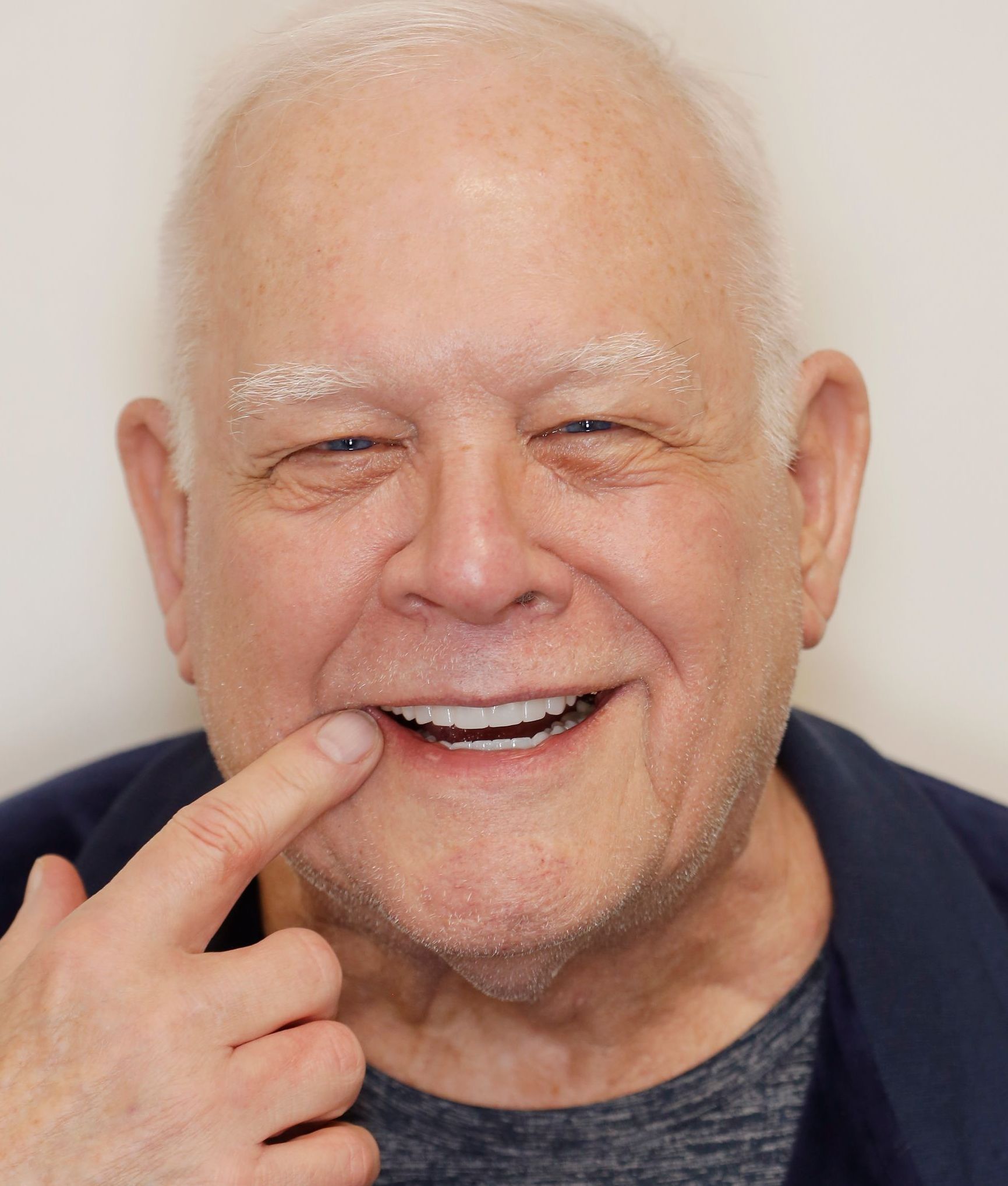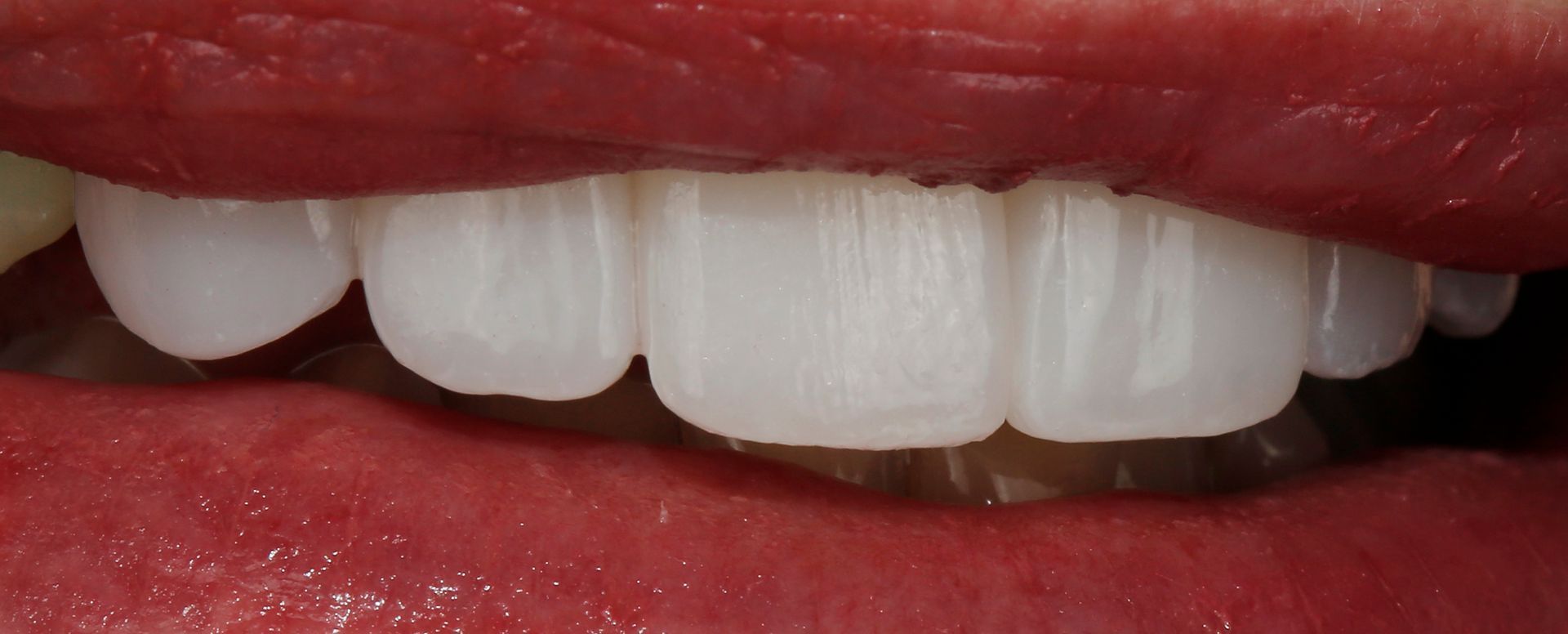TMJ DISORDER TREATMENT in Greenwood Village
TMJ Disorder Treatment
TMJ refers to the temporomandibular joint, which consists of the bone structure, muscles and connective tissues that surround the jaw and control chewing. When patients experience disorders of this joint, they are said to have a temporomandibular joint disorder, or TMD. Symptoms of TMJ disorder include pain and tenderness near the jaw, as well as popping or clicking in the joint when speaking or chewing. There are many ways of treating TMJ disorders ranging from non-invasive therapy and bite splints to injections or surgery. Left untreated, TMJ disorders can lead to headaches, muscle pain, malocclusion and tooth damage from grinding or clenching.






















